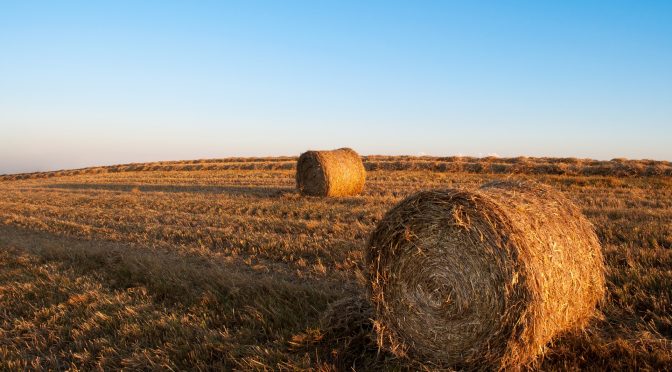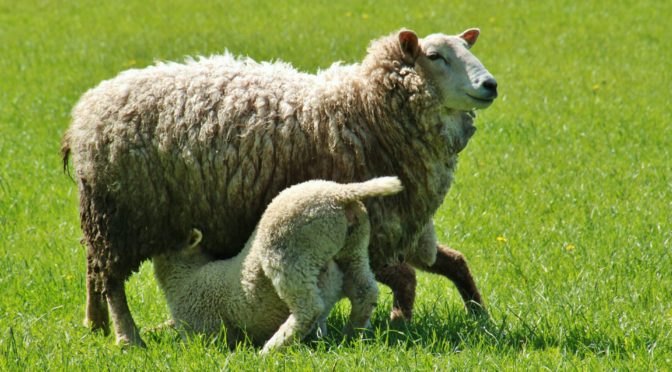We Provide landowners, forestry business, attorneys, and county property appraisers expert witness testimony, technical advice, and/or evidence analyst in Greenbelt Agricultural Classification assessment litigation.
Assist property owners with acquisition of Greenbelt Agricultural Classification, including application, qualification, and appeals.
Provide Greenbelt Agricultural Classified Use appraisal consulting for the public, agricultural and forest industry, and County and State government.
Conduct property inspections, including: mapping; vegetative use classification; productivity classification; and acreage determination.
Provide Greenbelt Agricultural Classification educational/training (seminar, conference, speech, presentation, etc.) to foresters, appraisers, agricultural associations, financial (mortgage) institutions, and Boards of Realtors.
Provide Greenbelt Agricultural Classification appraisal training for Property Appraisers and Department of Revenue.
Provide advice and assistance to financial institutions on issues related to Greenbelt Agricultural Classification.
Review Greenbelt Classified Use Agricultural assessments for government and private, including appraisal methodology and models, values, and physical data.
Develop agricultural appraisal models for County Property Appraisers.
Gather and analyze agricultural field and appraisal support (income) data.
Conduct administrative review and develop recommendations (for County Property Appraisers and Department of Revenue) for agricultural appraisal policies, procedures, methodology, and compliance with statutes and FAC Rules.
Review agricultural properties for County Property Appraisers and make recommendations for approval or denial of Greenbelt Agricultural Classification and/or assist with defense of decision.
The listed forestry and Greenbelt Agricultural Classification property tax consulting services are available to both private landowners and government agencies.
The Greenbelt consulting services are not intended as a substitute for, nor should they be construed as, legal advice or legal opinion. You may need an attorney if you are denied, and wish to pursue, a Greenbelt Agricultural Classification for your property.




